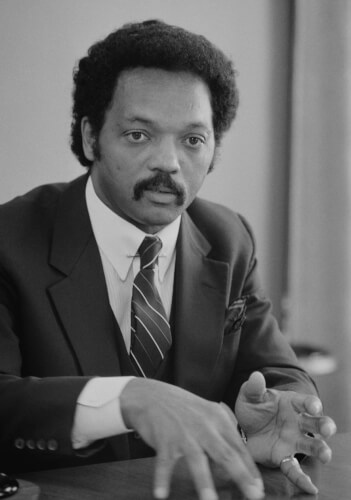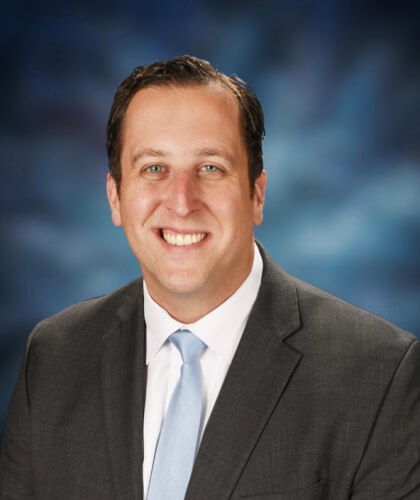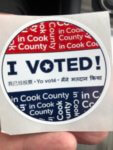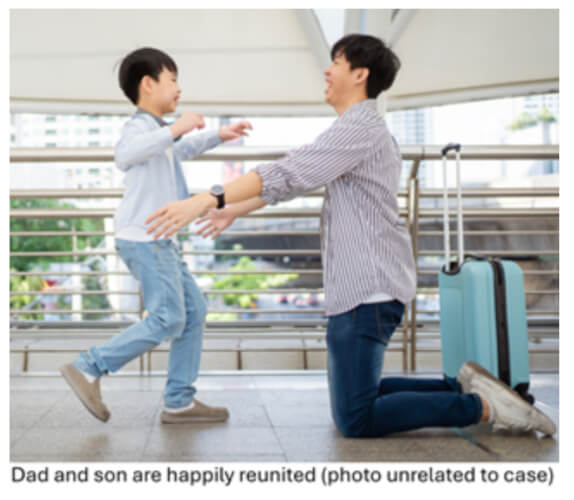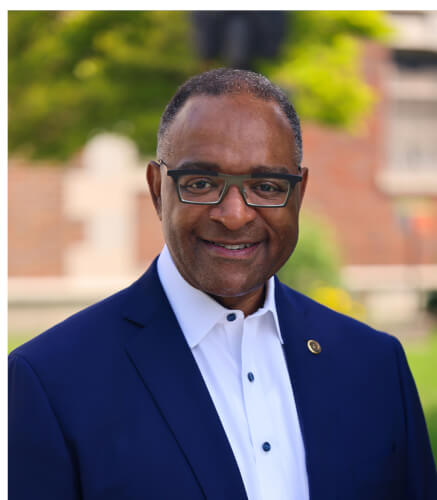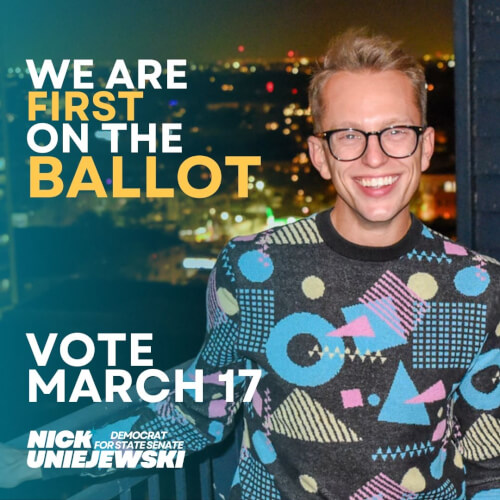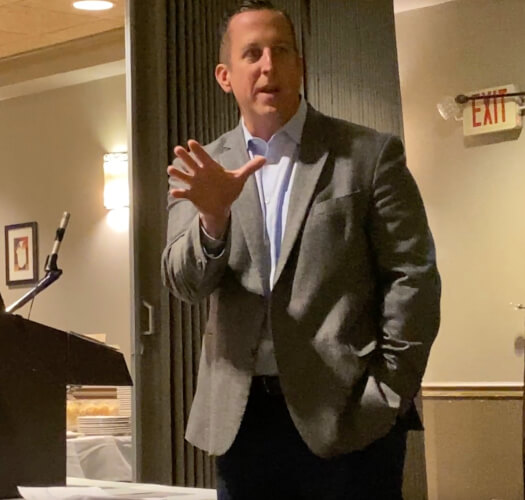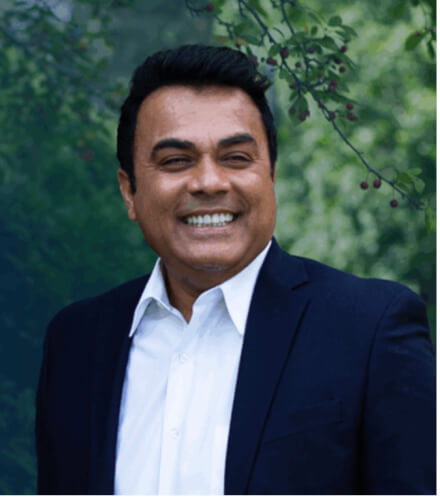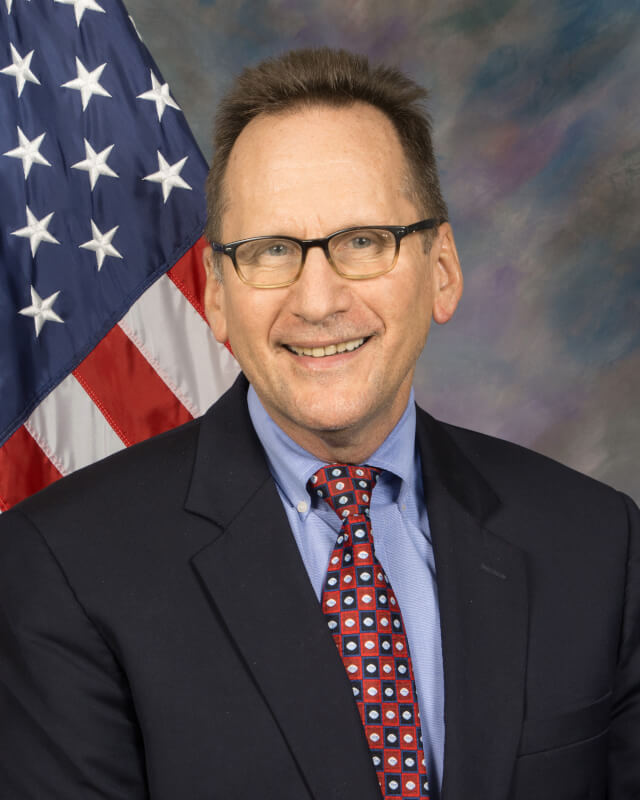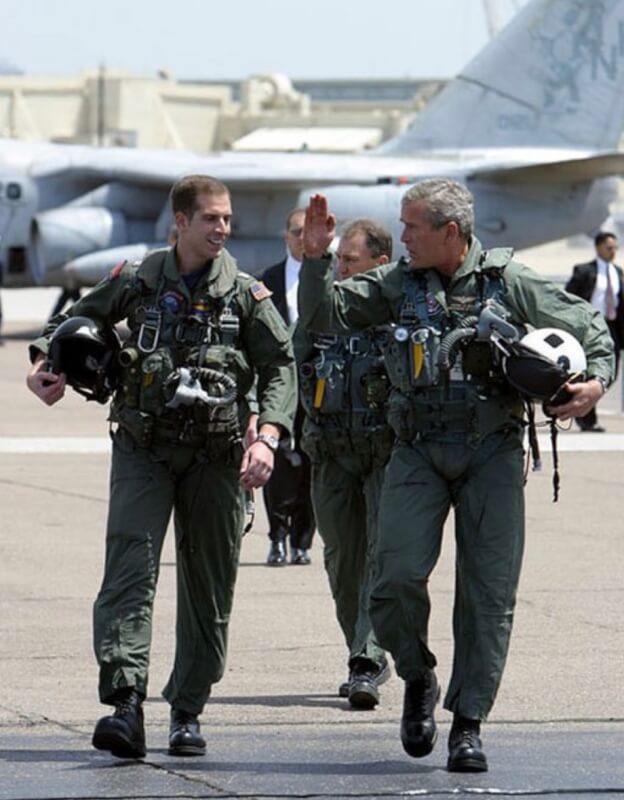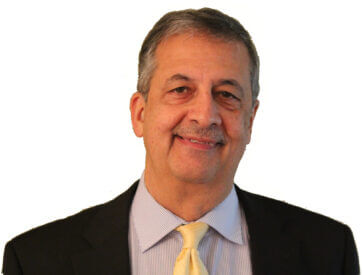
Click here to subscribe FREE to Ray Hanania's Columns
The Politicization of the Nobel Peace Prize — and Trump’s Fury Over Losing Again
By Mohammed Faheem
Each October, as the world waits for the announcement of the Nobel Peace Prize, we are reminded that what began as a celebration of humanity’s highest ideals has become an increasingly political spectacle.
This year was no different. And neither was Donald Trump’s reaction.
The former president once again took to social media to lament being passed over, arguing that his administration’s foreign policy achievements—particularly the Abraham Accords between Israel, the UAE, and Bahrain—should have earned him the world’s most prestigious peace honor.
It’s classic Trump: part grievance, part performance, all about validation. Yet behind the bluster lies a more profound question—one that transcends Trump himself: *Has the Nobel Peace Prize lost its moral compass?*

Consider the historical record. In 1973, Henry Kissinger received the prize despite overseeing U.S. bombing campaigns in Cambodia. In 2009, Barack Obama was awarded the medal less than a year into his presidency—before he’d had time to demonstrate any meaningful peacebuilding. Ethiopian Prime Minister Abiy Ahmed was celebrated in 2019 for ending a war with Eritrea, only to lead his own nation into conflict two years later.
The pattern is undeniable. The Nobel Peace Prize, once intended to honor moral courage and selfless diplomacy, now often seems to recognize political narratives and symbolic gestures. The award has become a mirror reflecting not only who the world admires, but who the world’s elite institutions *want* to be admired.
So, when Trump calls the Nobel Peace Prize “political,” he’s not entirely wrong. But his outrage is misplaced.
Trump’s fixation on the prize isn’t about peace—it’s about applause. He is less concerned with advancing humanity than with cementing his place in history. The Nobel Committee’s decision, in his view, is an insult to his ego rather than a critique of his policies.
But true peace—the kind worthy of a Nobel—requires something far rarer than political deals or photo ops. It demands empathy, humility, and a genuine commitment to justice. It is the quiet labor of diplomats, activists, and humanitarians who work without expectation of recognition.
Perhaps that’s where the real peace prize lies—not in the ceremony halls of Oslo, but in the countless acts of decency and reconciliation that never make the headlines.
The world does not need more peace prizes. It needs more peacemakers.
And maybe, in the end, that’s the lesson both the Nobel Committee and Donald Trump need to learn.
Mohammed Faheem is the Host of The Lightning Strike Talk Radio Show, WCPT 820 AM Sundays at 8-10 AM

Click here to subscribe FREE to Ray Hanania's Columns




